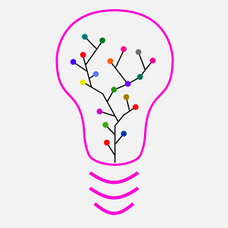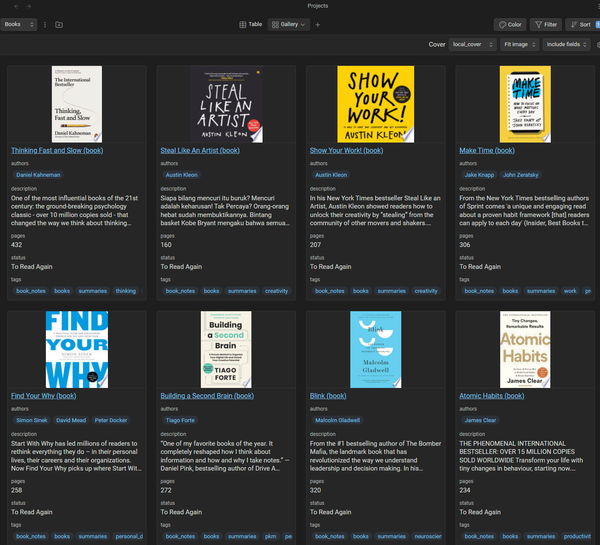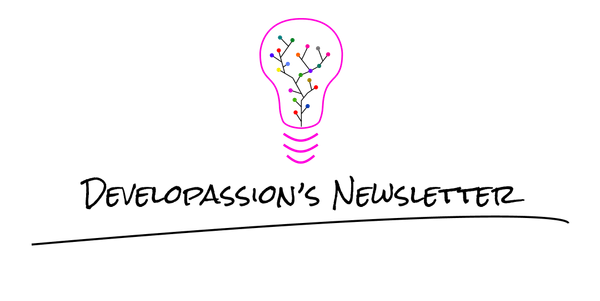Unlocking Founder Success: The Essential Guide to Journaling for Business Growth
Discover the transformative power of journaling for founders, unlocking creativity, strategic insight, and personal growth to propel your business forward.

Founders can benefit a lot by adding journaling to their daily routine. Here's why and how. Don't underestimate the potential impact of this practice.
Introduction
Being a founder is not for the faint of heart.
As founders, we have a lot on our plate. We come up with the initial vision for change we want to see in the world. We then need to carry that vision with us, express it clearly, help others share it, etc. Most importantly, we then need to turn that vision into reality. There are many pitfalls along the way, countless opportunities to give up, and a gazillion steps to take to reach our goals.
I believe that journaling is a habit that is really underrated. It can be hugely beneficial for founders in particular, but for everyone else as well. Although, in the rest of this article, I'll focus specifically on founders.
Why all founders should write a journal
As I have explained in previous articles, adding journaling to your daily habits has many benefits. There are obvious benefits for most, but I would argue that there's even more for founders.
Journaling enables taking distance from events and analyzing/thinking about those objectively. By taking notes daily, you can capture facts about various events (e.g., meetings, feedback from customers/prospects, problems with your plans, bugs, outages, clashes between team members, etc). Taking distance is hard to do when we're alone with our thoughts. Especially "in the moment". It's always best to take a step back and take distance from our emotions. This is much easier to do when writing things down. A journal is perfect for doing that.
As a founder, you need to think strategically, considering many dimensions. Evolving markets, technological changes, people turnover, opportunities, etc. Each step you take needs to move the needle forward. Journaling can be a great tool for thinking strategically, as it enables capturing and putting the key elements you need to consider all in one place. Thinking strategically is also key for making important decisions. Journaling can help you evaluate the pros and cons of different choices, and help you make the right decisions.
By writing in your journal each day, you can create a valuable resource that you can dig into whenever you need to understand what the past looked like or what lead you where you are now. This enables reflecting and being objective about the past. That's not something we humans are very good at without a fact-based log of what happened before.
Thinking is important, but action is everything to us, founders. Journaling can help you plan your work ahead of time. Establishing habits to plan your days ahead can make or break your projects. Your journal can be a key part of your productivity and focus system. This habit is especially beneficial when combined with periodic reviews.
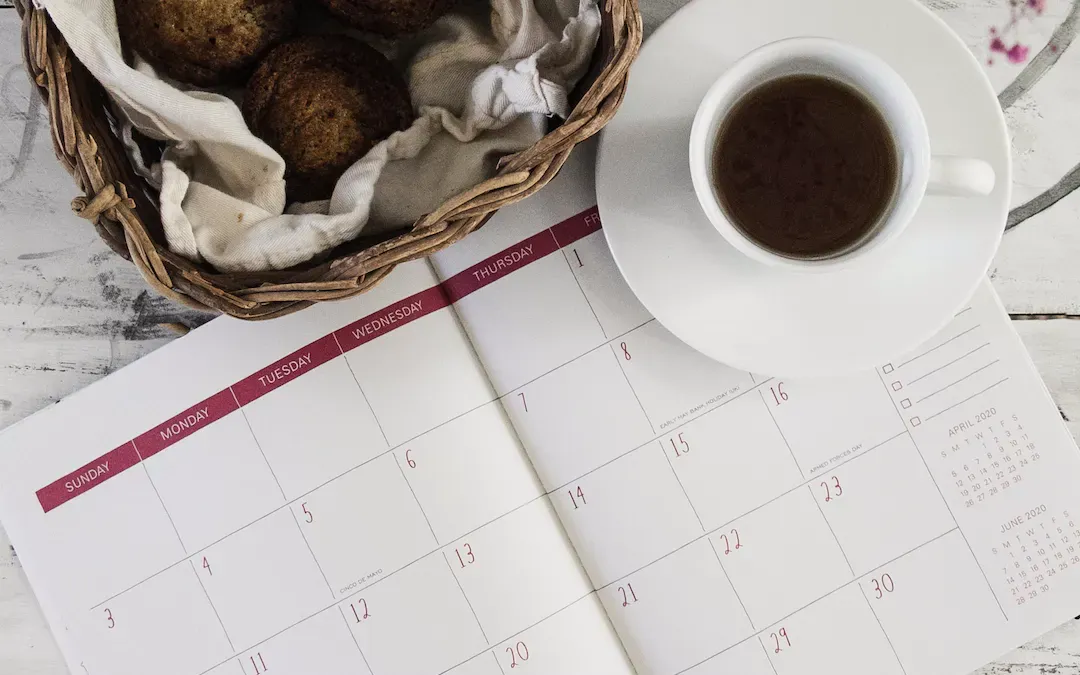
Beyond the strategic and tactical decisions you need to make every day, there are also issues and problems to solve, ideas to capture, and various events of interest that you need to capture and keep track of. Journaling is a great place to capture issues, problems, ideas, etc. By capturing those, you will then be able to analyze/dissect each specifically.
Last but not least, keeping a journal can help you better manage your relationships (professional or otherwise). You can keep track of the people you meet, the people you'd like or need to meet next, etc. This can help you strengthen strategic relationships, which can help you stay on top of the mind of the right people, and increase your luck surface.
In practice, your journal can become the operations center of your thinking and decision-making.
How to approach journaling as a founder
Now that you have an idea about the why, let's explore the how. You're in luck, it ain't that complicated.
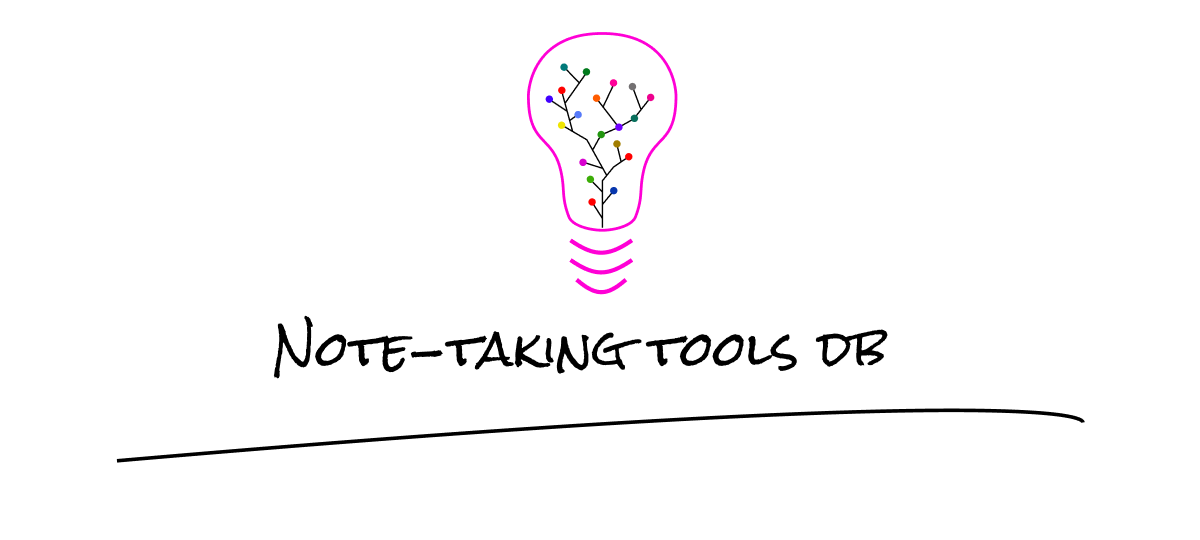
The first step for journaling is to pick a note-taking application. Any will do, although I tend to recommend Obsidian for its performance and versatility. If you don't want to waste time, take a look at my starter kit. It provides a solid starting point. Not only for journaling, but for knowledge management in general.
At the start of each day (or at the end of the day before), you need to create a daily note. I personally use the date as the name of the file: 2023-06-27.md. Within that note, use a stable structure to capture your task list, what you've achieved, your discoveries and notes of the day. Here's the structure that I currently used and shared previously. Note that it's also part of the starter kit I've mentioned above:
Plan for today
Notes of the day
Done today
Discovered today
Interesting links
Gratitude
Using the date as filename is useful as it makes it a breeze to find back your notes about a specific date in the past. I use the Periodic Notes plugin included in the starter kit to ease the process.
Throughout the day, you should keep your daily note open. That way, you can easily update it whenever you need, in order to capture whatever is relevant.
You can use the "Notes" section to jot things down and do quick analysis. You can also use that section to capture important events, ideas that popped in your mind, meeting notes and more.
You can use the "Discovered today" section to capture whatever you found interesting/note-worthy. For instance, things you've learned, changes in your environment, in the market you're operating in, etc. This can help you capture the essence of what will influence your future decisions.
Don't worry too much about extracting information into separate notes, as that will just eat up your time and take your focus away from what really matters. If needed, you can always extract information later on. For instance, during periodic reviews, as I've explained in another article.
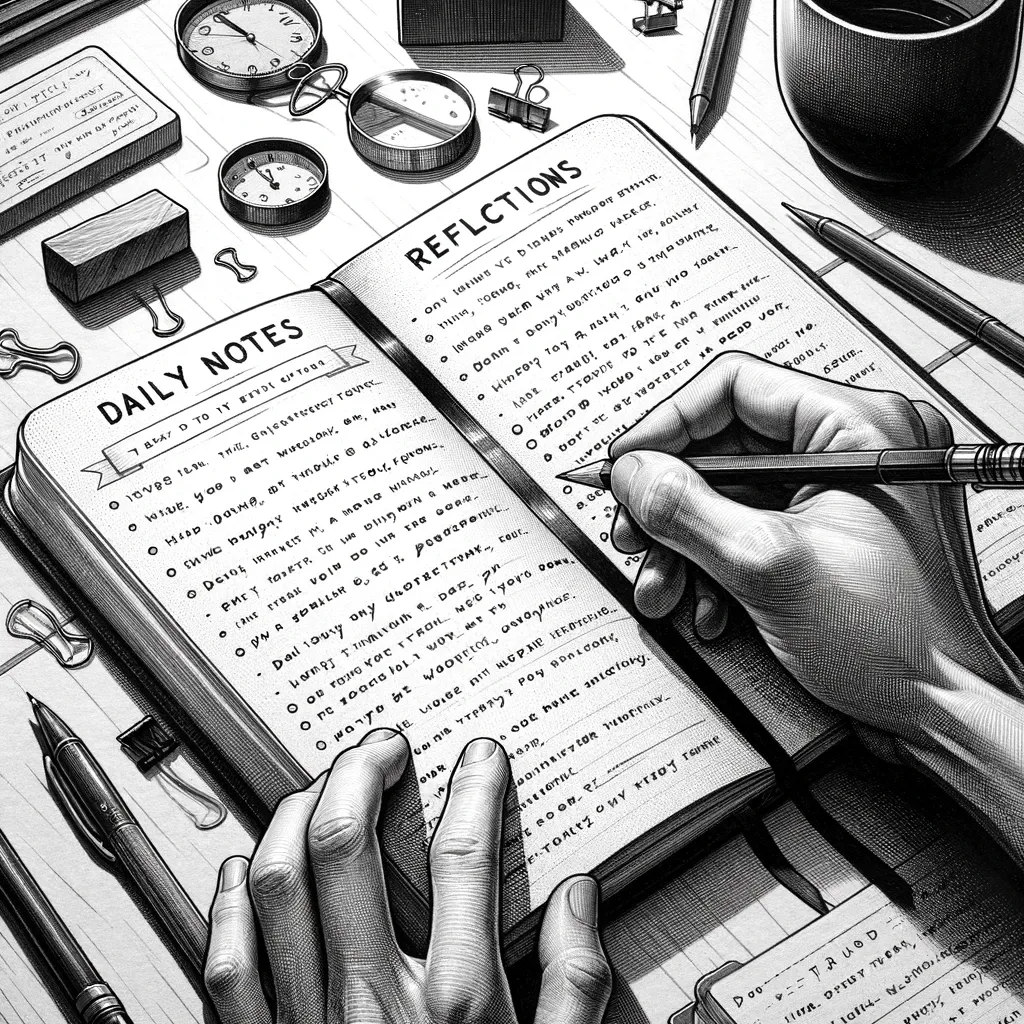
Taking those notes each and every day will help you maintain a log of the evolution of your thinking, your business, and your life. Whether you want it or not, those are all intertwined, for the better or for the worst. Noticing when your personal life interferes with your work or vice-versa is very useful to be able to adjust course and restore balance.
As part of your daily notes, you can also use the "Plan for today" section to define your highlight for the day (i.e., the most important goal of the day), and additional tasks to perform. Keeping that task list in sight throughout the day can help you focus your attention on what really matters. I personally use the Rollover Daily Todos plugin of the Obsidian community to keep unfinished tasks in sight. It's one of the plugins that I have included in the starter kit.
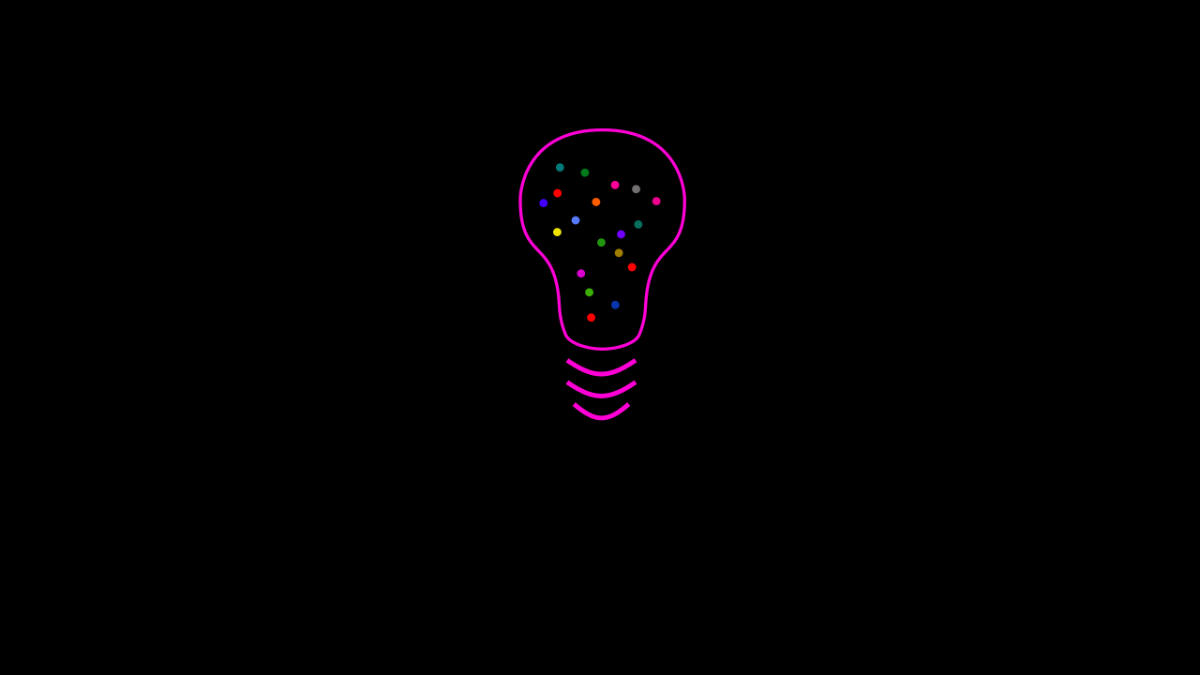
Moreover, if you perform regular periodic reviews (e.g., weekly reviews), you will be able to take a step back and evaluate your situation more objectively. By looking at the daily notes of the week you'll get a clear view about:
- What you planned to work on
- What you have actually achieved
- What challenges/problems you faced
- What you have discovered/learned along the way
- What you have been thinking about, which ideas you captured
- ...

All this information forms the basis upon which you can evaluate your work, your approach, be more realistic/objective about the past and the future. It can help you set better/more achievable goals, adjust your mindset or approach, and most importantly, make better and more informed decisions.

Regarding customers and relationships, you can keep track of the people you've met, list those you need to meet in the coming days/weeks, and prepare accordingly. For instance, if you know that you'll meet potential investors in the coming days, you can prepare the meeting ahead of time, think about arguments you can use, etc. You can actually go further and create a powerful relationships management solution on top of your knowledge base, but that's a topic for another day!
Conclusion
As founders, we have countless things to think about and ponder. Our brains are not ideal for that. Luckily, there are better options out there. Using modern tools for thought, we can augment our capabilities and think deeper and to be strategic.
If you are a founder, then don't underestimate the impact that journaling and Personal Knowledge Management (PKM) can have on your success. When combined together, journaling, PKM and periodic reviews can become the operations center of your thinking, decision-making and productivity.
In future articles, I'll explain how you can actually combine journaling, a personal knowledge base and modern AI solutions to go even further.


